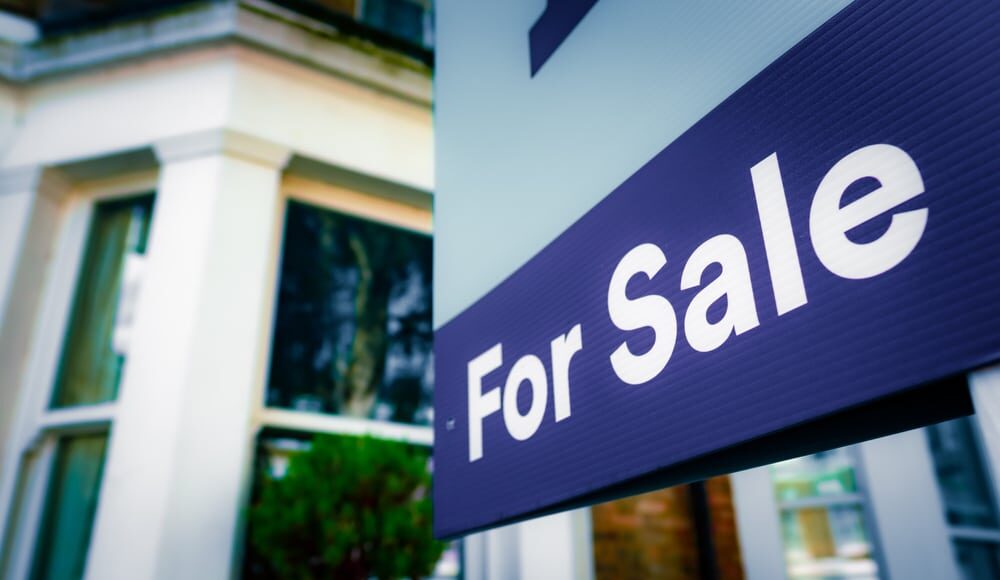Asking prices of properties listed for sale fell by 1.4% on average in November, equating to a £5,366 drop month-on-month, but the outlook for next year remains positive.
Following this month’s price drop, the average asking price of a property listed for sale is £366,592.
Rightmove’s House Price Index covering the month to 9 November showed a bigger monthly fall than usual for the time of year, attributed to pre- and post-Budget nerves that appeared to have caused a larger-than-normal seasonal slowdown in pricing as we head towards Christmas.
It is the second consecutive movement in average asking prices that is lower than the norm for the time of year.
Typically, asking prices drop by 0.8% between October and November.
The average first-time buyer asking price is now £225,340 after a 0.7% month-on-month drop. Second-stepper homes fell by 0.8% to £340,319, while sellers at the top of the market saw the greatest decline of 3.3%, taking the average asking price to £653,290.
Wellness and wellbeing holidays: Travel insurance is essential for your peace of mind
Out of the pandemic lockdowns, there’s a greater emphasis on wellbeing and wellness, with
Sponsored by Post Office
Annually, however, market activity remained stronger than last year despite the dampening effects of the Budget. New listings came to market priced at 1.2% more than last year, while the number of sales agreed is up 26%.
Meanwhile, the number of new sellers deciding to move and coming to market is 6% ahead of the same period a year ago.
Outlook for 2025
Rightmove forecasts that average new seller asking prices will rise by 4% next year, the property portal’s highest prediction since 2021, with lower mortgage rates releasing some of the pent-up housing demand and putting modest upwards pressure on prices.
Bank interest rate cuts are now forecast to be slower paced, so affordability may take longer to improve than previously expected.
The impact of the stamp duty changes to take effect from 1 April, when thresholds will revert to their pre-2022 levels – which means higher bills for some buyers – is likely to drive up sales in Q1.
In its latest House Price Index release, Nationwide suggested the changes would lead to a jump in transactions in the first three months of 2025 – especially March – and a corresponding period of weakness in the following 3-6 months, as occurred in the wake of previous stamp duty changes.
Tim Bannister, Rightmove’s director of property science, said: “There’s been a lot of news to digest for homemovers over the last few weeks and it appears that the market may still be chewing it over.
“We had been seeing a drop-off in buyer demand, both in the lead-up to the Budget and in its immediate aftermath, as it was confirmed that there will be an increase to stamp duty charges for most homemovers and second homebuyers, and some first-time buyers.
“However, a second bank rate cut and a boost of optimism regarding 2025 appear to have reversed this trend, at least temporarily.”
Earlier this month, the Bank of England cut the base rate from 5% to 4.75%. Further cuts are expected, but not as quickly as previously thought.
Market to remain price-sensitive
Bannister added that the market next year would remain price-sensitive as the average number of homes for sale per estate agent branch had reached its highest level for the time of year since 2014.
Jeremy Leaf, North London estate agent and a former Royal Institution of Chartered Surveyors (RICS) residential chair, said: “Although these are asking, rather than selling, prices, this month’s larger-than-usual drop confirms what we are seeing in our offices.
“There is more demand and sales agreed are up too, but the increase in listings means buyers are spoilt for choice, so sellers must be competitive if they want to stand out from the crowd.
“The Budget did not do the housing market any favours and may even extend the cautious tone, as measures announced will probably mean mortgage rates remain higher for longer.”
This article was first published on YourMoney.com‘s sister site, Mortgage Solutions. Read: Asking prices fall 1.4% but signs of a positive 2025 remain


